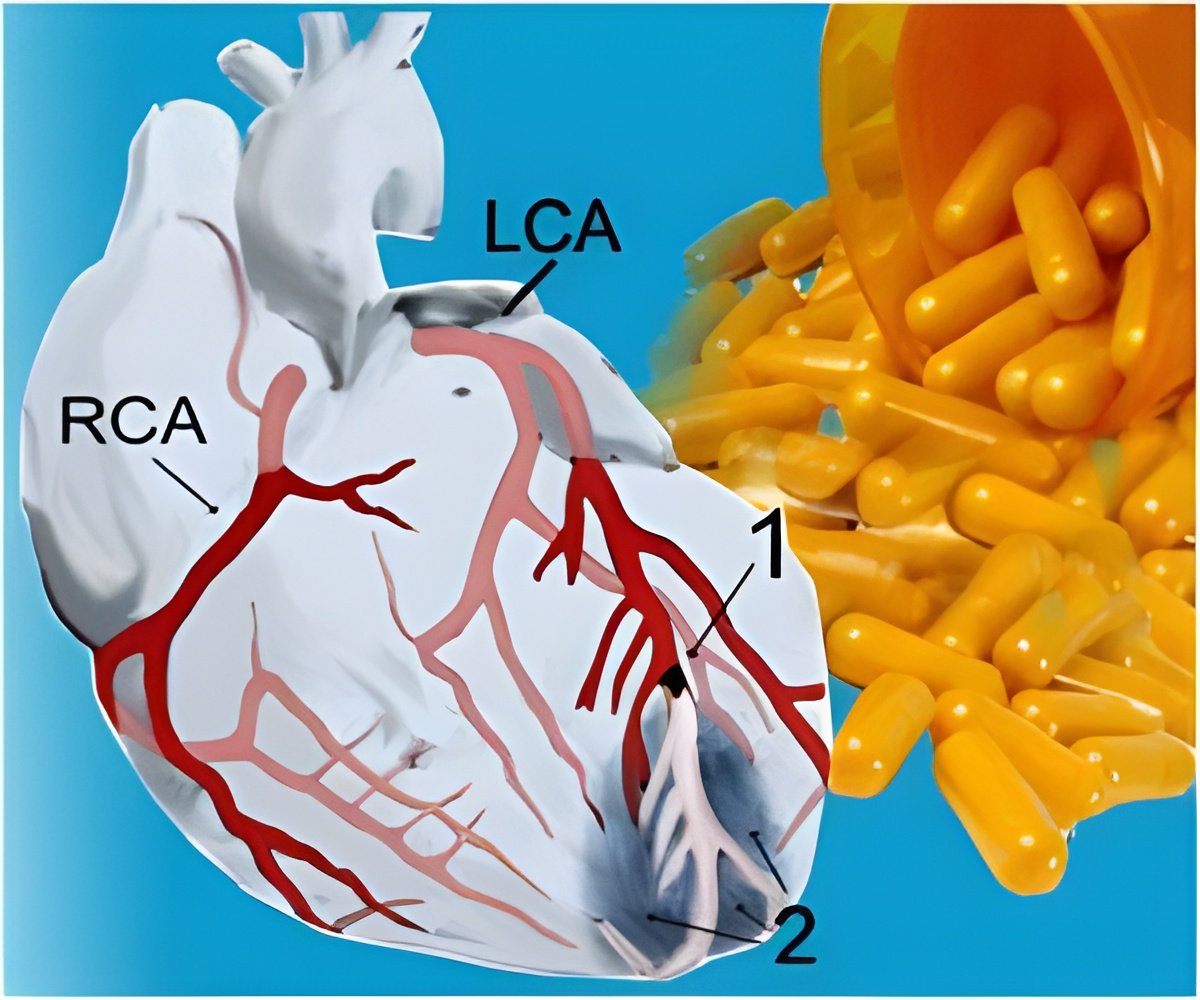According to a recent meta-analysis, use of angiotensin receptor blockers decrease the risk of myocardial infarction.

In total, 37 controlled trials were evaluated that included 147,020 patients, and assessed the possible elevated risk for infarction when ARBs were administered. For the study, 22 trials compared ARBs with active treatments and 17 compared ARBs with placebo. Out of 147,020 patients, 50.2 % were randomized to controls while 49.8 percent were randomized to receive ARBs. The average follow-up of the trials was 3.3 years.
The research reports indicates that angiotensin receptor blockers usage was not associated with an increased risk of myocardial infarction when compared to the controls. The results were similar when ARBs were compared with active treatments or placebo. Dr. Sripal Bangalore said that “ARBs were also not associated with any increased risk of all-cause death, cardiovascular death or angina.” The authors further reported that, “In this meta-analysis we found no evidence to support that angiotensin receptor blockers increase the risk of myocardial infarction. Our meta-analysis showed firm evidence of a lack of significant effect of angiotensin receptor blockers on myocardial infarction, ruling out even a 0.3 % absolute increase in the risk of myocardial infarction with angiotensin receptor blockers.”
It was determined that the angiotensin receptor blockers, unlike angiotensin converting enzyme inhibitors seem not to have any special “cardioprotective” effects, even when compared with placebo.
Researchers concluded by stating, “The risk reduction for the outcomes of stroke, heart failure, and new onset diabetes with angiotensin receptor blockers is modest.”
Reference Article
Source-Medindia
 MEDINDIA
MEDINDIA




 Email
Email






